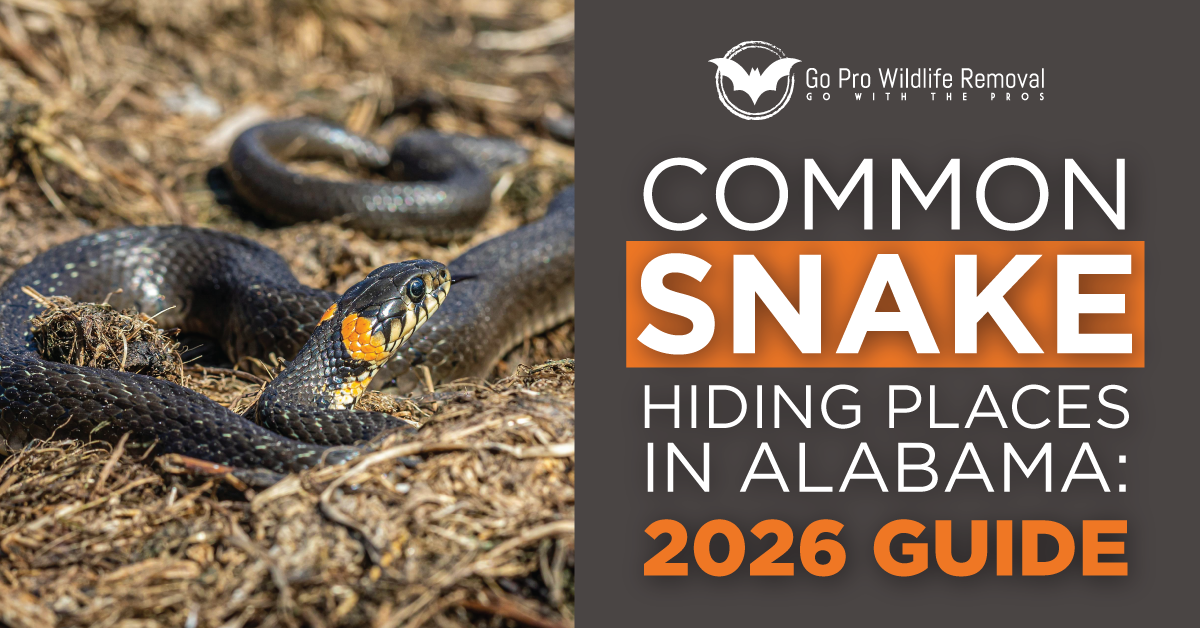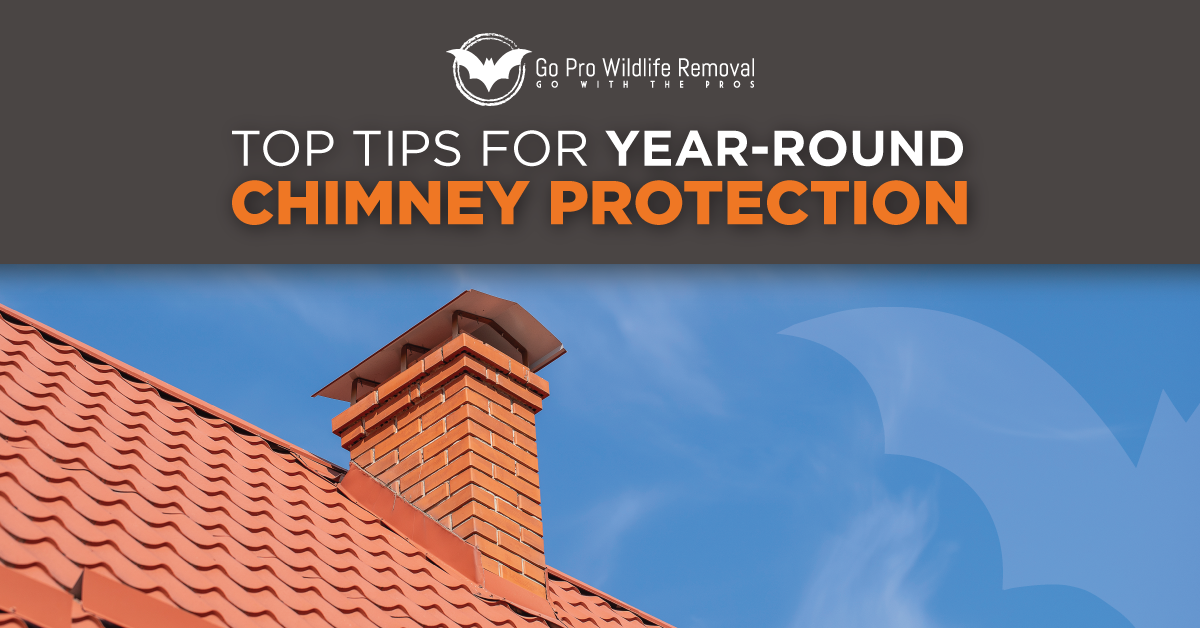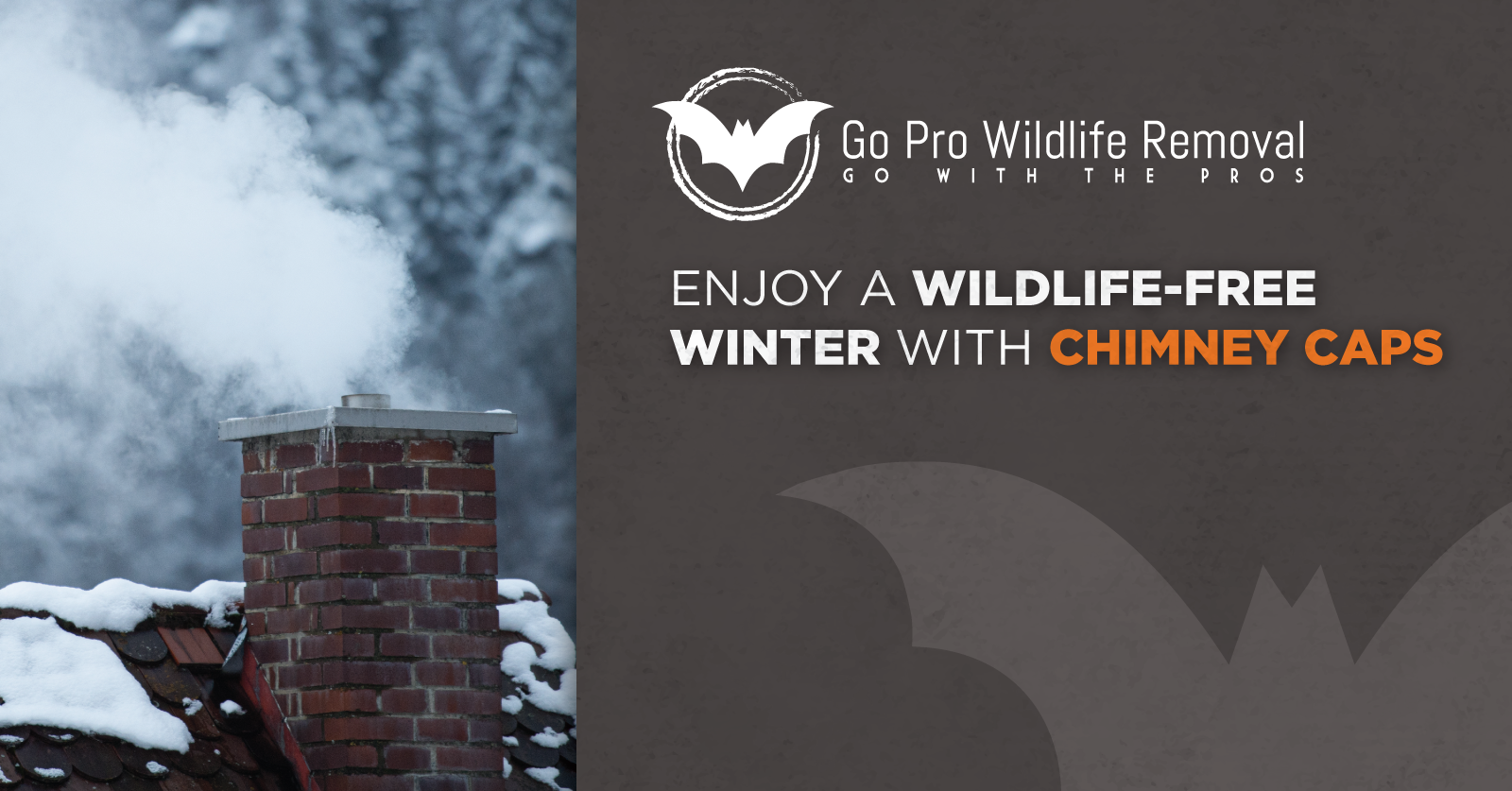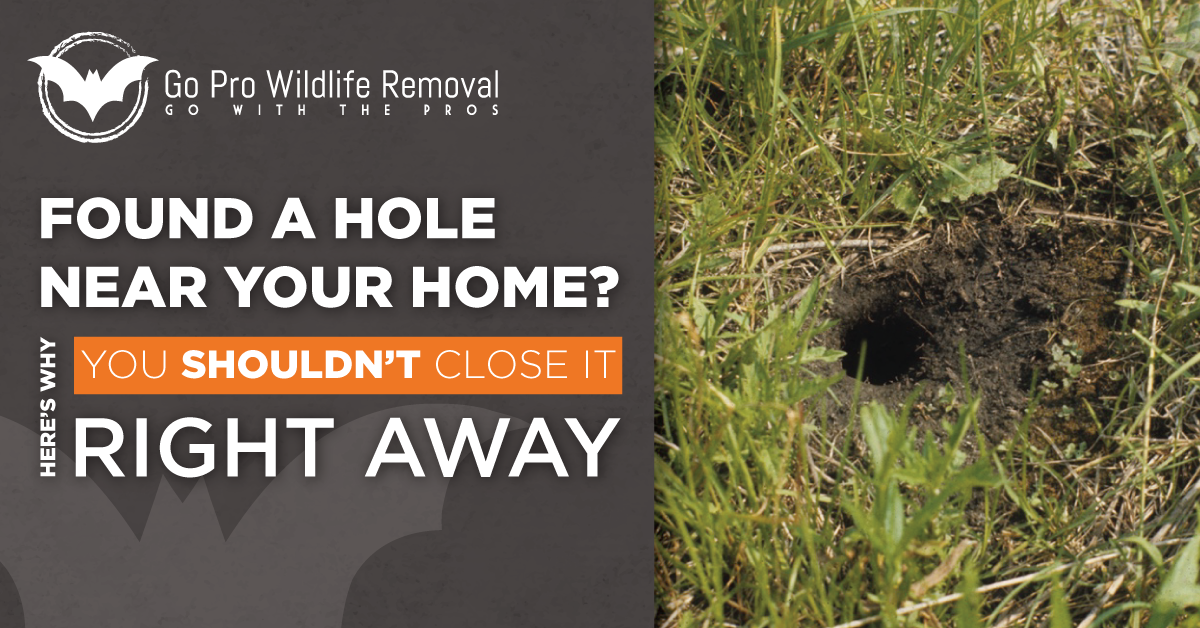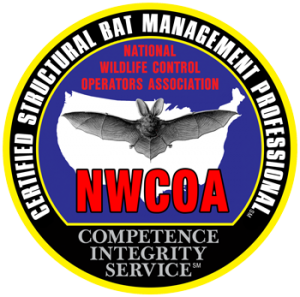by TRINDGROUP
Share
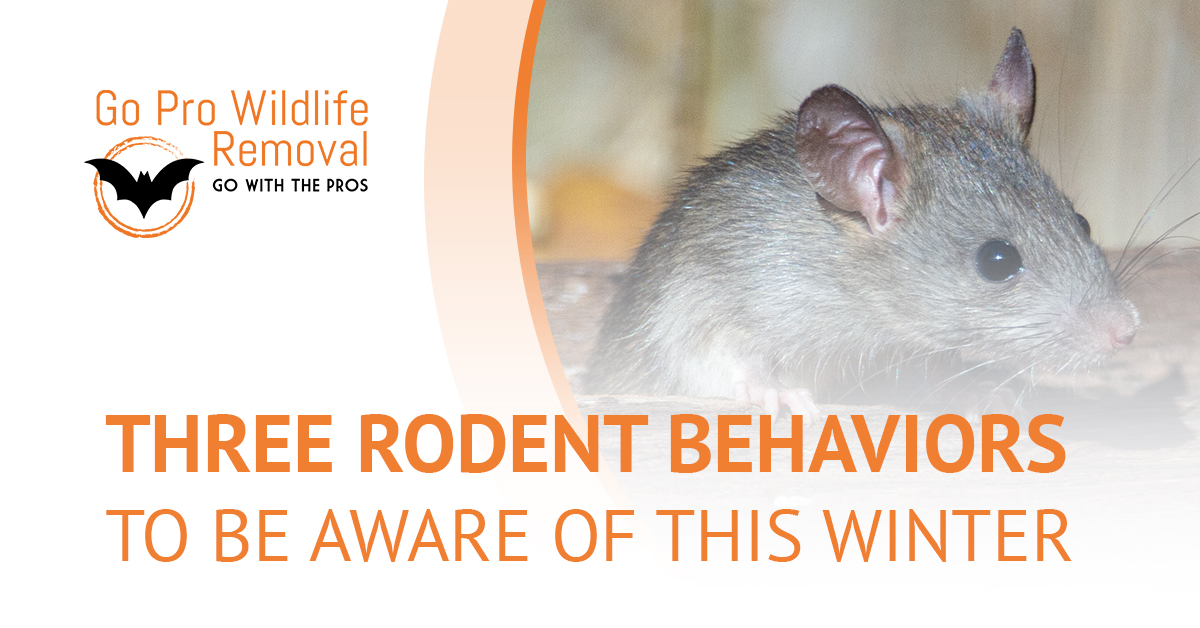
It’s a common misconception that when colder, winter months roll around, rodents go into hibernation. Although some animals do hibernate in the winter, rodents are active year-round. Educating yourself on rodent winter habits may save you potential home damage and the repair costs that often follow. Go Pro Wildlife Removal’s ethical and humane exclusion options ensures rodents find an alternative place to stay warm this winter. Wildlife exclusion is critical and often the only method for preventing damage. If you are a homeowner, it’s important that you are preparing your home and are on the lookout for these three common rodent habits this winter.
Rodents Seeking Shelter in Walls or Attics
Temperatures in the winter can drop to unbearable conditions, even in the south. Chances are if you don’t want to be outside in the frigid weather, neither does a rodent. Squirrels, rats and mice typically search for indoor spaces to protect themselves from the outdoor elements. Rodents typically look for places that can offer shelter or food. During the winter, rodents seek a dark and cozy place to shelter. Although your home may be the perfect location for their winter getaway, rodents pose the following threats to your home; eating drywall, tearing insulation, chewing through wires and leaving droppings.
Rodents Can Burrow Holes Next to Foundations
It is common during winter for homeowners to notice holes around the foundation of their houses. Many rodents dig burrows searching for shelter or food. A burrow is defined as the making of a hole or tunnel, typically for use as a dwelling. Not only can rodents burrowing holes next to your foundation cause structural damage over time, but it also presents the opportunity to access your home. You may notice disarranged landscape near or around the area where the rodents burrow. These small holes in the landscaping around your home may indicate a rodent living under your foundation. This rodent instinct occurs during winter for the same reason humans seek shelter, to stay safe and warm.
Rodents Stockpile Food
As temperatures drop, rodents begin to store food to survive through the winter. Although rodents do not hibernate, they gather food in their burrows or nests to avoid journeying out into cold weather conditions. Rodents typically store food in caches where they feel safe and protected. These locations may include the walls of your home, attic or even behind furniture. Once a rodent begins making your home their home, it can be difficult to approach, access, remove or remedy the situation with a long-term solution.
Go Pro Wildlife Removal has experience and expertise in rodent control and wildlife exclusion. It’s often necessary to confirm the presence and type of rodent(s) before implementing a rodent control and removal process. To learn more about our multi-point inspections, recommended solutions and customer options, give us a call at (334) 744-0391.
Enjoy A Wildlife-Free Winter With Chimney Caps
When was the last time you thought about your chimney? As the holiday season approaches, families turn to their fireplace for warmth, sending smoke up their chimney that likely has not been used in months. Read our latest blog to learn more about why an unprotected chimney could spell trouble this winter.
Contact Info
Contact Go Pro today! We offer wildlife removal solutions in Auburn, Opelika, Lake Martin, Valley, Montgomery, AL and Columbus, GA areas.
Phone: (334) 744-0391
Hours: Open 9:00 am – 5:00 pm

